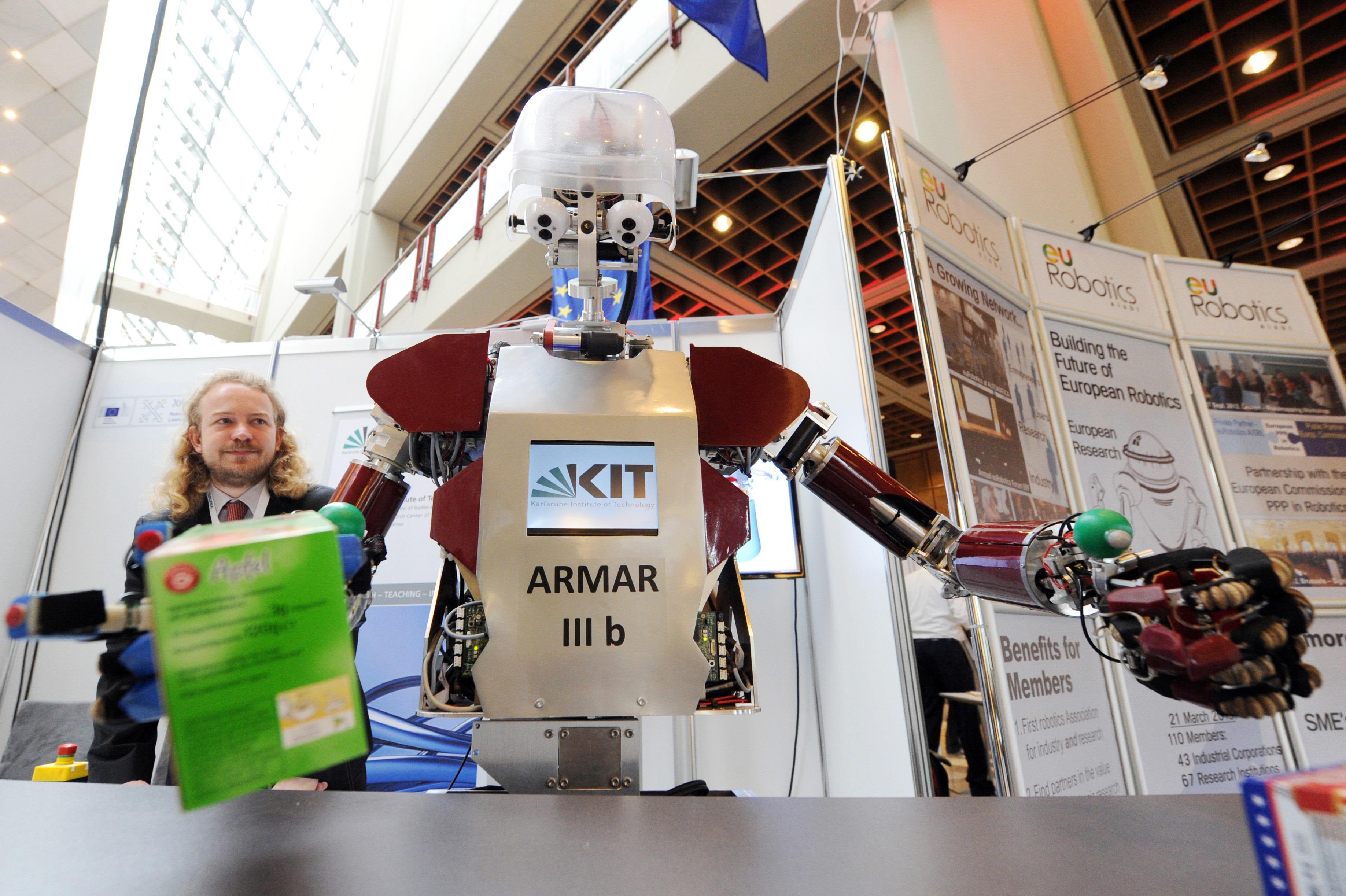Kevin Drum goes long on artificial intelligence but, when discussing the economic consequences, he gets a little ambiguous between falling absolute living standards and relative shifts. For a long time now, machines have been both substitutes for labor and complements to labor. Insofar as in the future the balance shifts more to substitutes, then the wage share of the economy will fall. But will median incomes?
After all, we’d be talking about a world of plenty. If you imagine a world in which college credentials have little value and medical professionals have been replaced by intelligent machines, then you’re talking about a world in which the most expensive items in the typical middle-class consumption bundle are now super-cheap. What’s more, average everyday folks will be chauffeured around constantly by autonomous cars taking what’s currently an unaffordable luxury and bringing it to the masses. Even those too poor to afford an autonomous car will be able to avail themselves of much more frequent and higher quality bus service than poor Americans currently put up with. There would be, in a sense, an enormous amount of income inequality. But income inequality breeds inequality in living standards because things are scarce and where scarcity exists the market allocates it to those with money.
Which means that I think the right thing to ask is what scarcities remain in robotopia. Drum speaks of “capital-biased technological change” which could lead one to believe that the returns will go to the owners of the robots. But I don’t think that’s right. Robots themselves will be plentiful and not all that valuable. But all the robots in the world won’t change the fact that some parcels of land front onto lovely beaches. In the richer world of tomorrow, more people than ever will want a nice vacation at the beach but beachfront land will be as scarce as ever. You want to be the guy who owns that beachfront. You also want to be the guy who owns a nice juicy patent monopoly, or the copyright to Batman or Sgt. Pepper’s Lonely Hearts Club Band.
This is why the old ideas of the classical economists are becoming increasingly relevant again.
